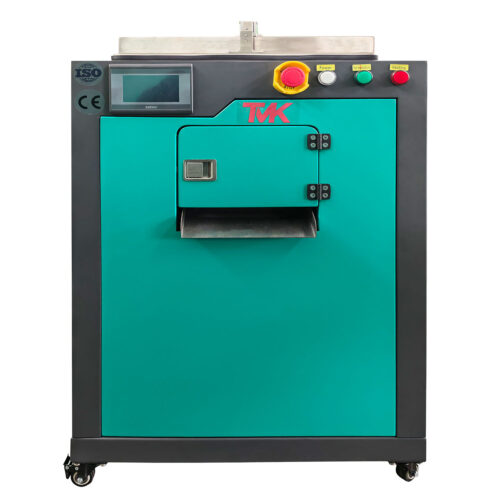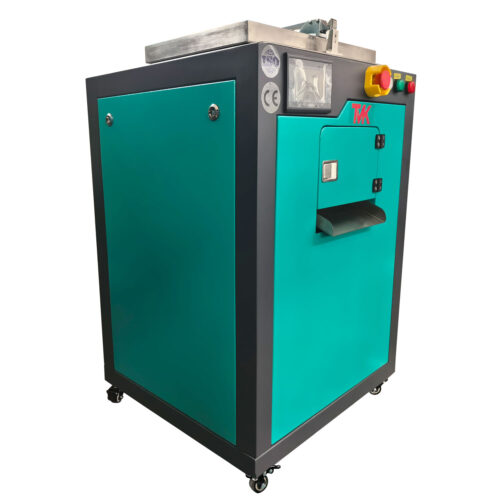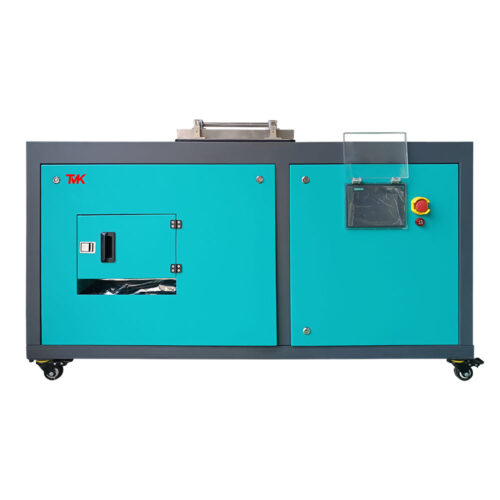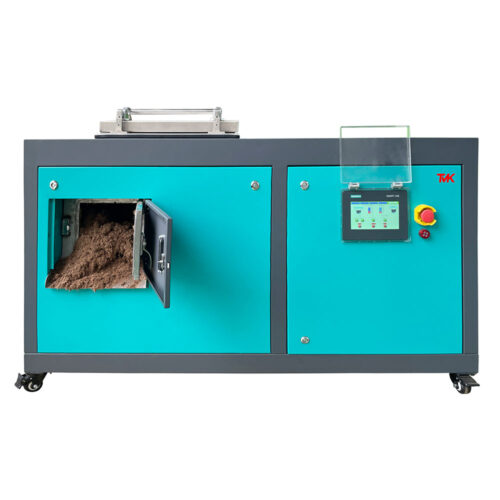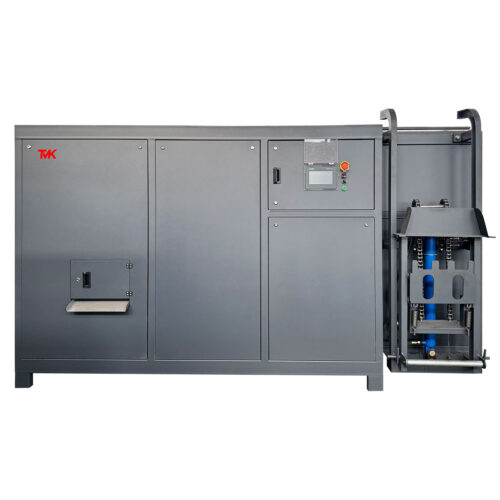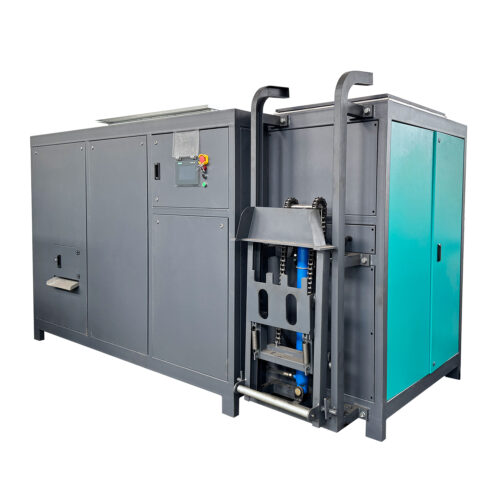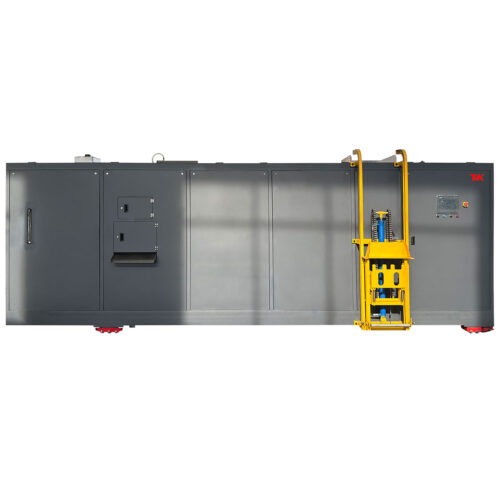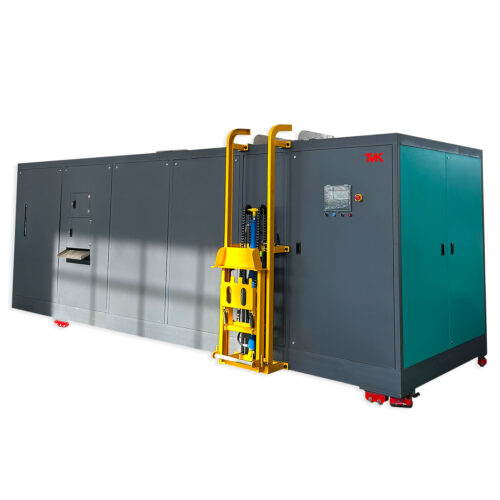In an era where environmental sustainability is more than a trend—it’s a necessity—restaurants and foodservice providers are embracing innovative practices to reduce their ecological footprint. One of the most impactful steps in this shift is composting, a key component of the zero-waste movement that is transforming kitchens and dining rooms across the globe.
The Food Waste Crisis
Globally, nearly one-third of all food produced is wasted, with restaurants contributing significantly to this figure. In commercial kitchens, over-ordering, spoilage, and plate waste are persistent challenges. This food waste often ends up in landfills, where it decomposes anaerobically and produces methane, a greenhouse gas up to 80 times more potent than carbon dioxide.
Composting as a Solution
Composting offers an effective alternative to traditional waste disposal by converting food scraps into nutrient-rich soil. In restaurant settings, food waste composting systems can manage everything from vegetable peels and coffee grounds to eggshells and biodegradable packaging. These machines and processes can reduce organic waste volume by up to 90%, producing a reusable end-product that can enrich soil or support local agriculture.
There are two main approaches:
- On-site composting machines that process food waste internally, often within 24 hours.
- Partnerships with local composting services, where organic waste is collected and processed externally.
Commercial Composter
Commercial Composter
Commercial Composter
Commercial Composter
Benefits for Restaurants
- Cost Savings: While initial investment in composting equipment or services can be significant, restaurants often see long-term savings through reduced waste disposal fees and improved inventory management.
- Brand Image and Customer Loyalty: Diners are increasingly conscious of sustainability. Composting and zero-waste practices resonate strongly with eco-minded customers, enhancing brand reputation.
- Compliance and Incentives: Many cities are introducing food waste regulations and offering incentives for composting and sustainability efforts.
The Shift to Zero-Waste Foodservice
Zero-waste foodservice extends beyond composting. It involves a comprehensive approach to minimizing waste at every step of the process:
- Menu planning to reduce surplus.
- Portion control and repurposing ingredients creatively.
- Sourcing locally to cut transport emissions and spoilage.
- Reusable or compostable packaging and utensils.
Forward-thinking restaurants are also training staff in waste segregation and working with suppliers to minimize unnecessary packaging.
Technology and Innovation Leading the Way
Modern composters now come equipped with odor control, bacteria treatment systems, and automated monitoring, making them more suitable for indoor use. These innovations have made composting more feasible for urban restaurants and small cafés alike.
Startups and tech companies are also developing apps that track food waste, connect restaurants with food banks for surplus donation, or provide real-time analytics to optimize kitchen operations.
Conclusion
As consumer expectations shift and environmental challenges grow, restaurants have a unique opportunity—and responsibility—to lead the charge toward zero waste. Composting is no longer just a green initiative; it’s becoming a standard of responsible foodservice. By turning food waste into opportunity, the hospitality industry can serve more than meals—it can serve the planet.

